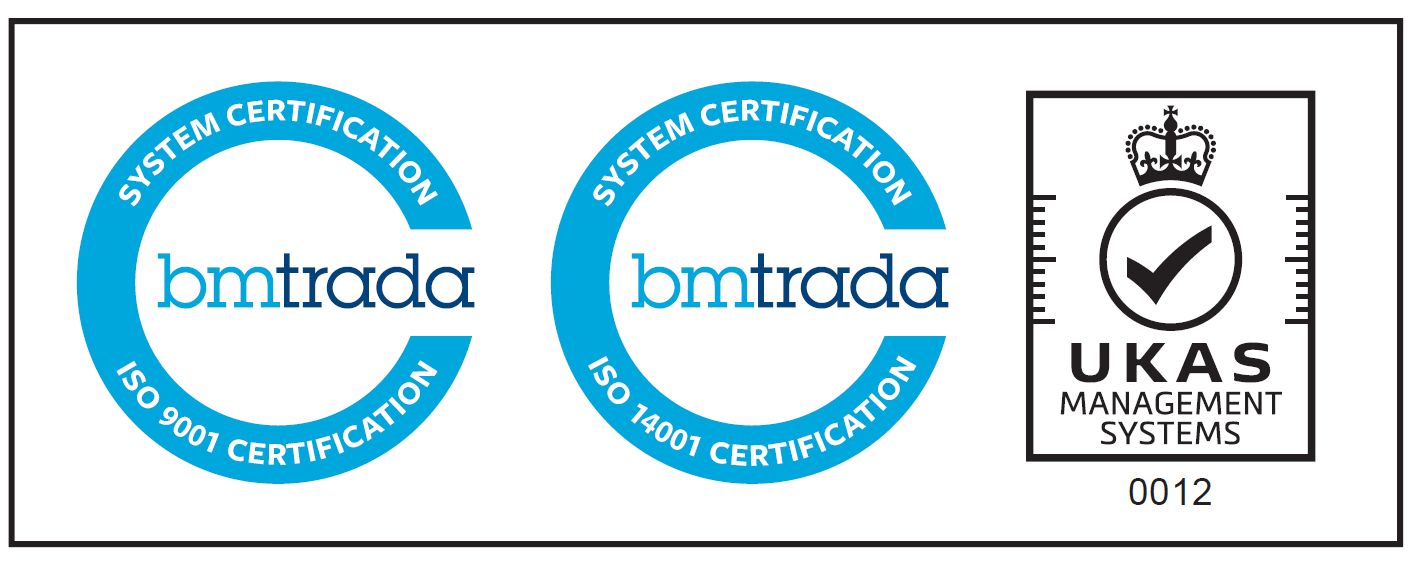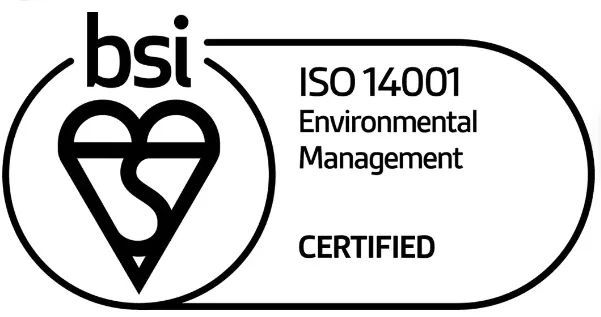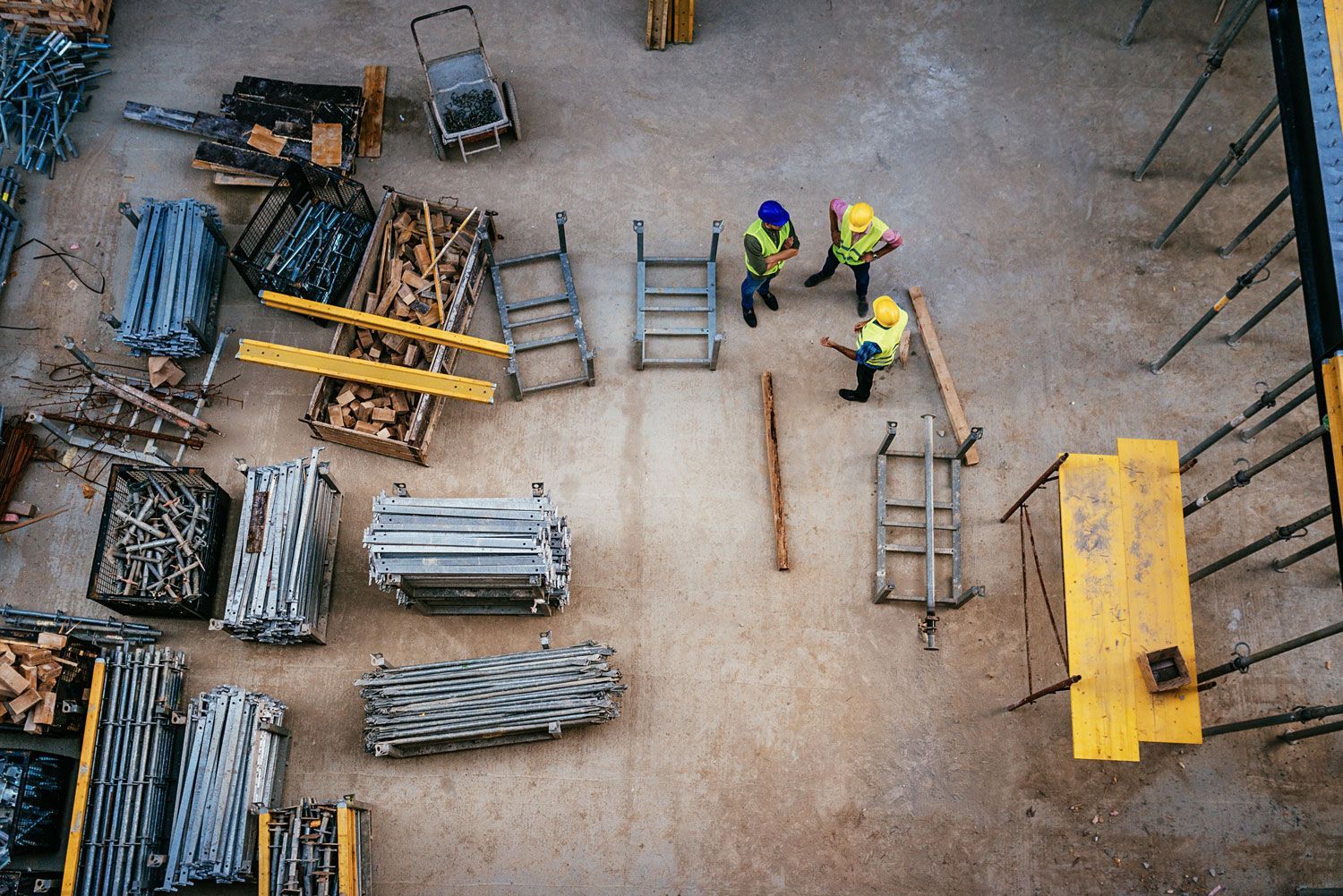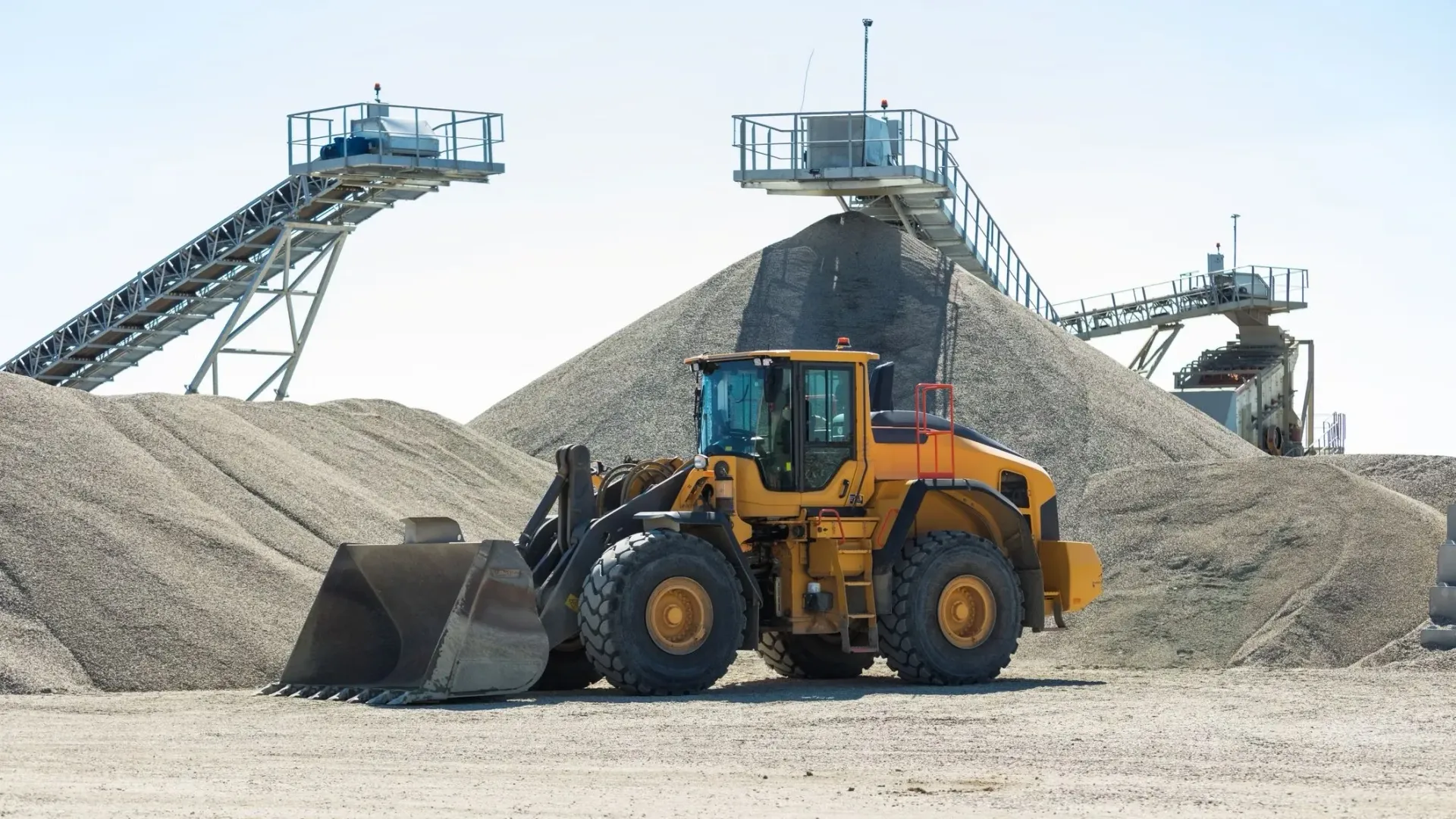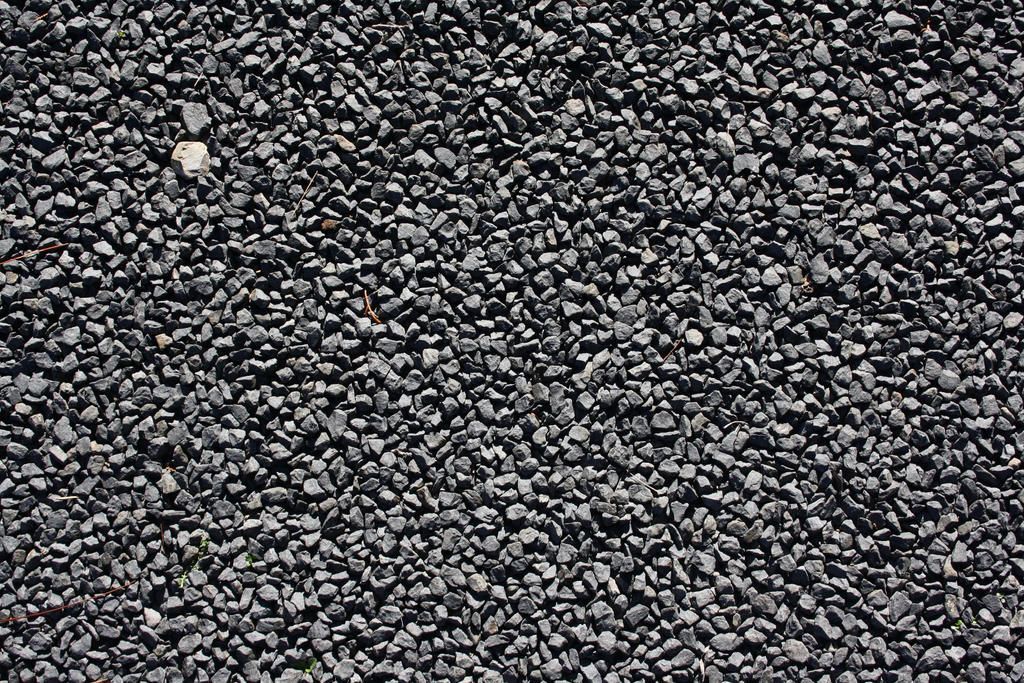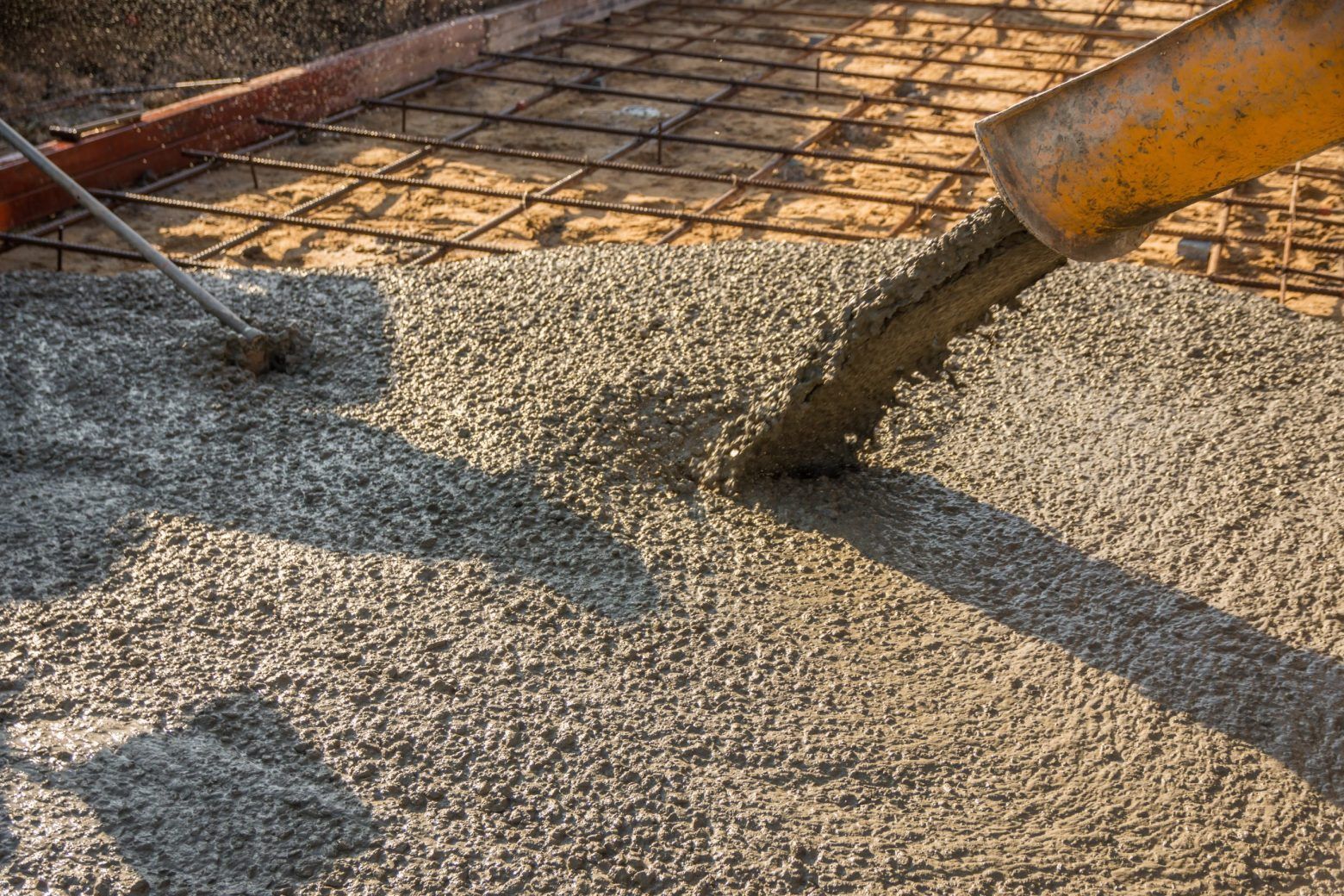Understanding Asphalt: What Is It And How Is It Used?
Since humanity’s origins, people have been making use of the natural world to facilitate the building of shelters, the manufacture of tools and the development of practical infrastructure. Over the years these processes have become more sophisticated, to form what we now understand as the modern construction industry. These days, this dominates global commerce and development, where new building projects and repair works take place in our cities and towns on a perpetual basis.
Lots of the resources for these projects do still originate from the natural world, where primary aggregates, metals and other multi-purpose building materials can be processed directly from the earth. One such resource that has its origins in the world around us is asphalt, a commonly used construction material that comes in a variety of forms.
Read on to learn everything you need to know about asphalt, from what exactly it is to how it is used in the construction industry.
What Is Asphalt?
The term asphalt can be used to describe a variety of materials, including bitumen and asphalt concrete. Generally speaking asphalt refers to a mixture of bitumen and aggregates such as sand or gravel, where these bind together to form a multi-purpose paving concrete.
Bitumen itself is a viscous substance made up of hydrocarbons, where it can be sourced naturally or harvested as a by-product of petroleum refining. In nature, bitumen deposits tend to form from the remains of ancient living organisms such as microscopic algae.
Asphalt: A Brief History
As asphalt and bitumen can be sourced from nature, it therefore has a long history going back to the origins of civilization. Some of the earliest traces of these materials can be found in relics from the Indus Valley, which dates back to around 2500 BC, where bitumen was found to have natural waterproof properties. Other ancient uses can be found in Egypt, where these binding materials were used in the process of embalming mummies. It is thought that the Egyptians sourced these materials from the Dead Sea, known by the Romans as Palus Asphaltites, which translates to Asphalt Lake.
Jumping forward to Renaissance times, writer and traveller Pierre Belon noted in his renowned work Observations that a bitumen mixture was used in what is now Croatia for tarring ships. The 1800s saw the rise of asphalt usage in France after more natural deposits were discovered, where the first British patent for asphalt use was certified in 1834. Three years later another patent followed for the use of asphalt within pavement construction, which led the way for how asphalt and bitumen is used in modern construction today.
Key Types Of Asphalt
Asphalt can be manufactured in a number of different ways to achieve varying results, where each asphalt type has its own unique applications in the construction world. Some of these key types include:
Hot Mix Asphalt (HMA) - Recognised as a particularly common type of asphalt, hot mix is made from a mixture of aggregates such as stone or gravel combined with bitumen at a very high temperature. It can then be laid and compacted to make a smooth and durable surface.
Warm Mix Asphalt (WMA) - This is a variation of hot mix asphalt materials, where some applications require asphalt to be laid at a lower temperature for easier handling and transportation purposes.
Cold Mix Asphalt - As the counterpart to hot and warm varieties, cold mix asphalt can be manufactured without the need for high temperatures. Once the aggregates have been mixed with the appropriate binding agent, it can be laid straight from the bag.
Porous Asphalt - This is a variation of asphalt that allows for pavements to be water permeable, as a way of improving drainage and reducing flood risks. The mix is made to leave porous spaces between the suspended aggregates, allowing water to permeate through the material.
Dense-Graded Asphalt - Dense asphalts tend to be variants of hot mixes that are designed to be impermeable. This is achieved by adding an increased quantity of aggregates to the mix, where this type can be subcategorized into fine or coarse graded asphalt.
Top Uses Of Asphalt
All of these types of asphalt can be utilised for a wide range of applications in the construction industry and beyond. Some top uses include:
Roads & Pavements
Hot mix asphalt tends to be used for the creation and maintenance of roads. Cold asphalt is also handy for the repairs of cracks and potholes, whilst warm is ideal for road creation on low air quality days. Asphalt of all kinds can also be used for improving driving surfaces and creating a smoother experience for drivers, particularly on busy roads.
Waterproofing
Since its discovery, asphalt has been utilised for its waterproofing properties, where it can be used to seal various structures and safeguard machinery from the elements. It can also be applied to rooftops and underground storage units to prevent water leaks and property damage.
Tunnels
These waterproofing properties of asphalt mean that it is the ideal material for tunnel construction, where it can be used on the roof or base of the structure. Asphalt pavements are long lasting and fire safe, whilst this material can also help to provide skid resistance and reduced road noise inside a tunnel.
Dams & Reservoirs
Asphalt can be used for a variety of construction purposes associated with dams and reservoirs, due to its waterproof and hard wearing qualities. It can also be employed for reducing flood risks and soil erosion in these areas as well as in domestic settings.
Playgrounds & Parks
Asphalt comes in handy for the construction of safe playgrounds and parks, where it can be used to create a hard wearing surface for the installation of various structures, games and equipment.
Farming Uses
On the farm, asphalt mixes can be utilised to create a lining for retention ponds, where these can be used for fish farming. In addition to this, asphalt can also be used for the construction of farmyard surfaces and livestock containment pens.
Automotive Uses
A further use for asphalt is within the automotive industry, where it can be utilised in the prevention of rust within various car parts. Alongside this, asphalt can also be used for processes to reduce road noise within car fenders and hoods.
Benefits Of Asphalt For Construction Projects
Asphalt has been utilised for all of these applications because of its many positive qualities, where there are numerous benefits for using these materials in the construction industry. These benefits include:
Safety
Asphalt is useful for creating skid resistant and safe road surfaces, where the contrasting colour between this and the pavement help to keep pedestrians out of harm's way. It is also designed to melt snow and ice faster than surrounding materials, helping to keep vehicles safe in all weather conditions.
Smooth Texture
Laid asphalt mixes are designed to form a very smooth surface, which can create a more pleasant and reliable driving experience than other materials. This smooth finish can also be useful for waterproofing and roofing, helping to create a workable base for further embellishments.
Cost
Due to its long lasting quality and smooth finish, asphalt can reduce overall maintenance costs when it comes to keeping roads and pavements in good condition. The mix can be prepared quickly, where projects can be completed in a single day or overnight, keeping costs to a minimum and helping to avoid delays.
Durability
Asphalt is known for its durable qualities, where roads and pavements made from this material are designed to remain usable more or less indefinitely. It can be laid on a wide range of soil conditions and has a degree of flexibility, even when subjected to heavy loads.
Sustainability
Asphalt products are also entirely recyclable, where they can be reused without reducing its strength or durability. It is one of the most widely recycled construction materials, which helps to preserve energy and finite resources typically used in its manufacture.
WM Thompson & Sons: Asphalt Supply & Other Essential Construction Materials For Your Build
At WM Thomspon & Sons, we can supply your project with a wide variety of
recycled building aggregates, including asphalt products, crushed concrete and reclaimed stone.
Get in touch with our team today to find out more about our product range.
